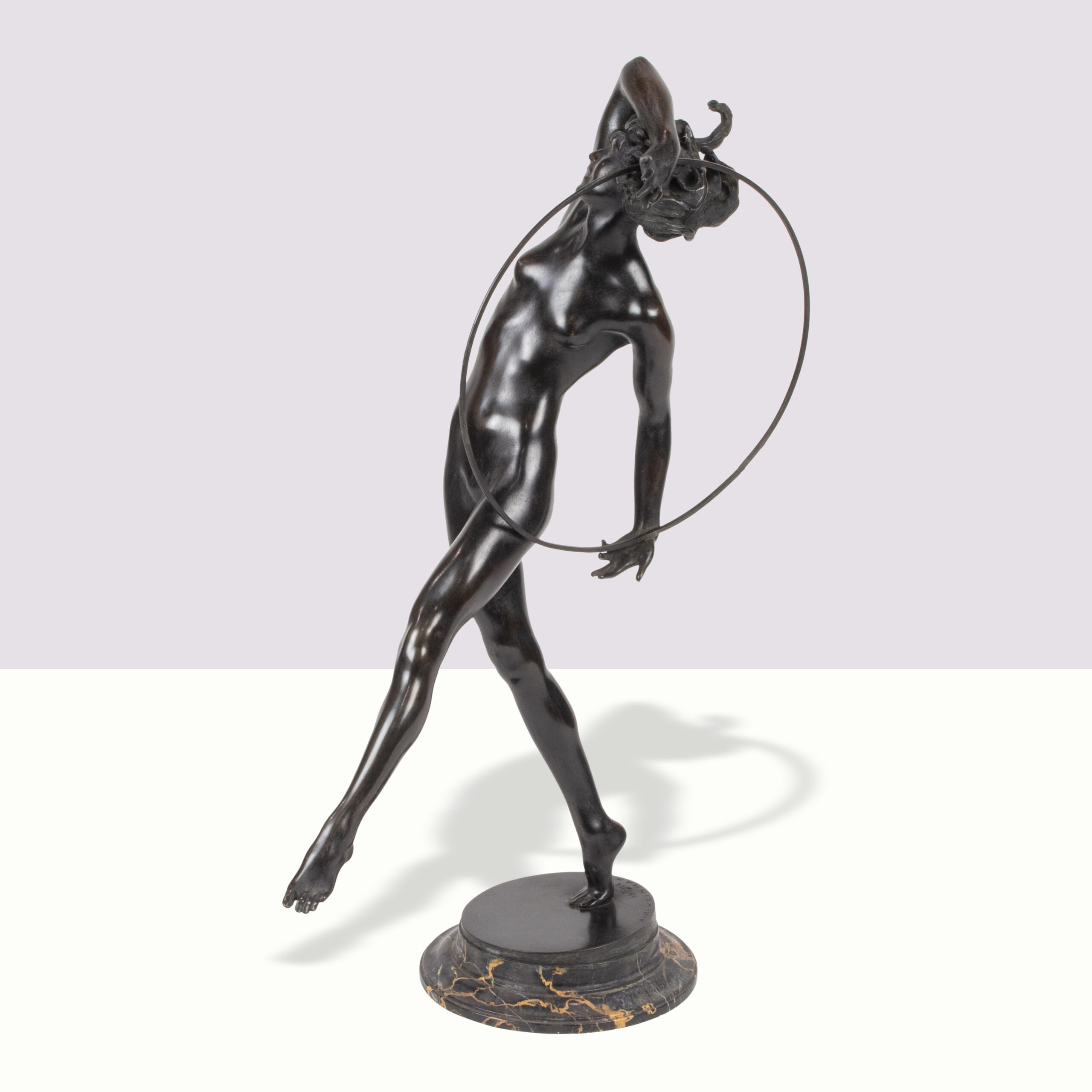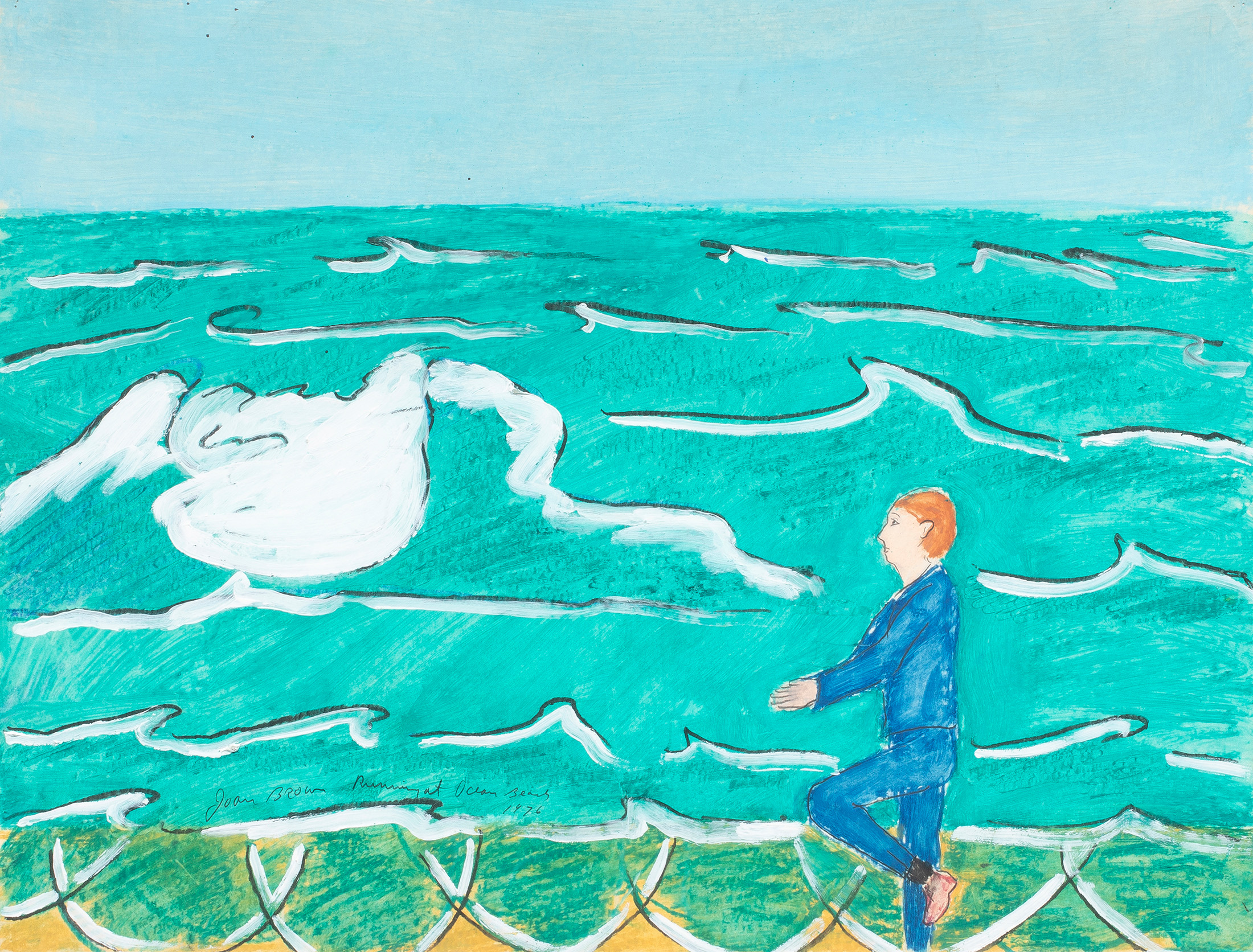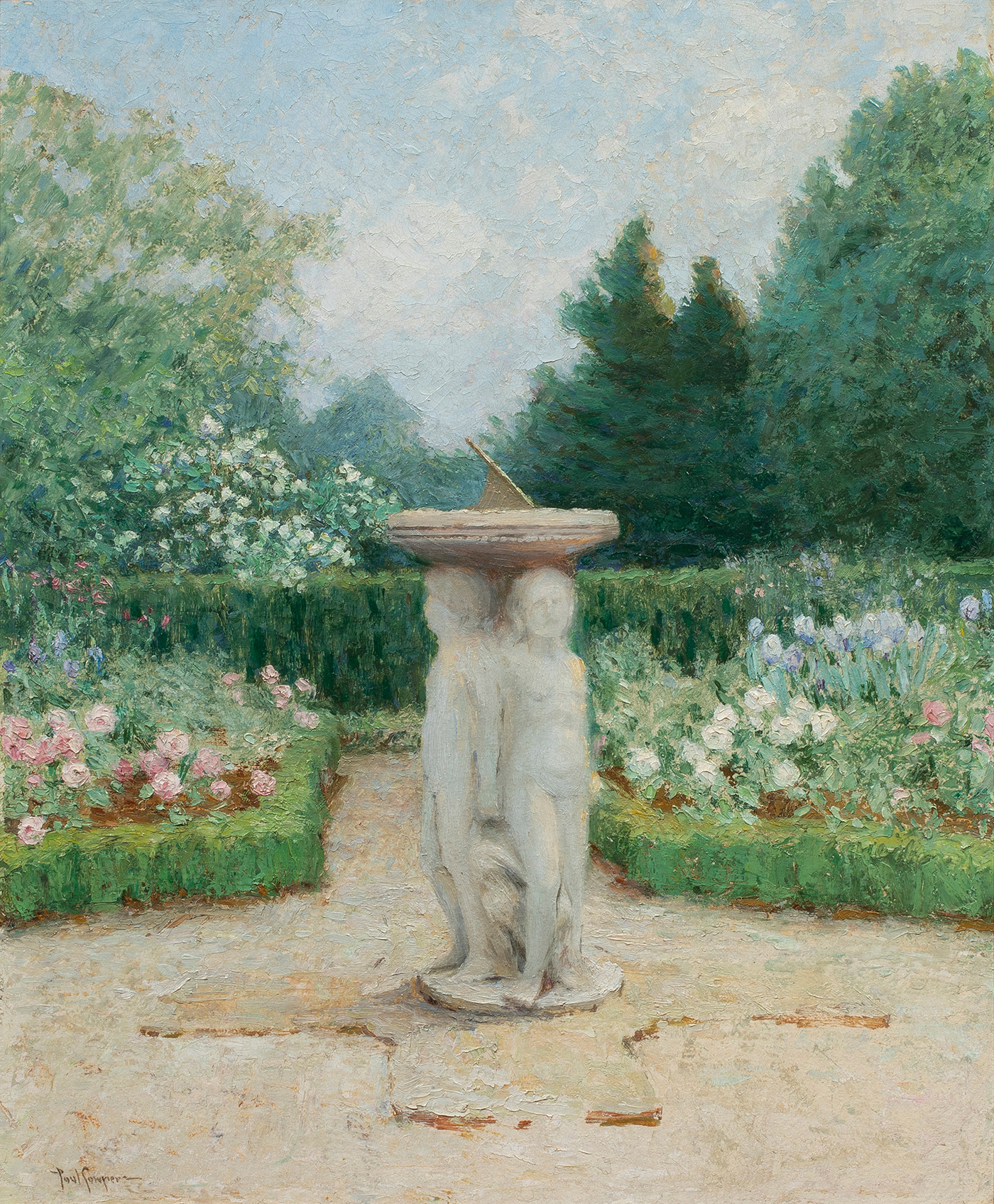Exploring Intimacy and Connection: Henrietta Berk’s Oil on Canvas Portrait of Phyllis Diebenkorn
In the illustrious realm of the Bay Area Figurative Movement, where artists sought to rekindle a connection with the human form, Henrietta Berk’s artistic prowess stood out as she delved into the intricacies of human emotion and intimacy. One of her most enigmatic works was an oil on canvas portrait of Phyllis Diebenkorn, the wife and muse of acclaimed artist Richard Diebenkorn. This captivating portrait not only immortalizes Phyllis but also offers a glimpse into the personal connections within the artistic community of the mid-20th century Bay Area.
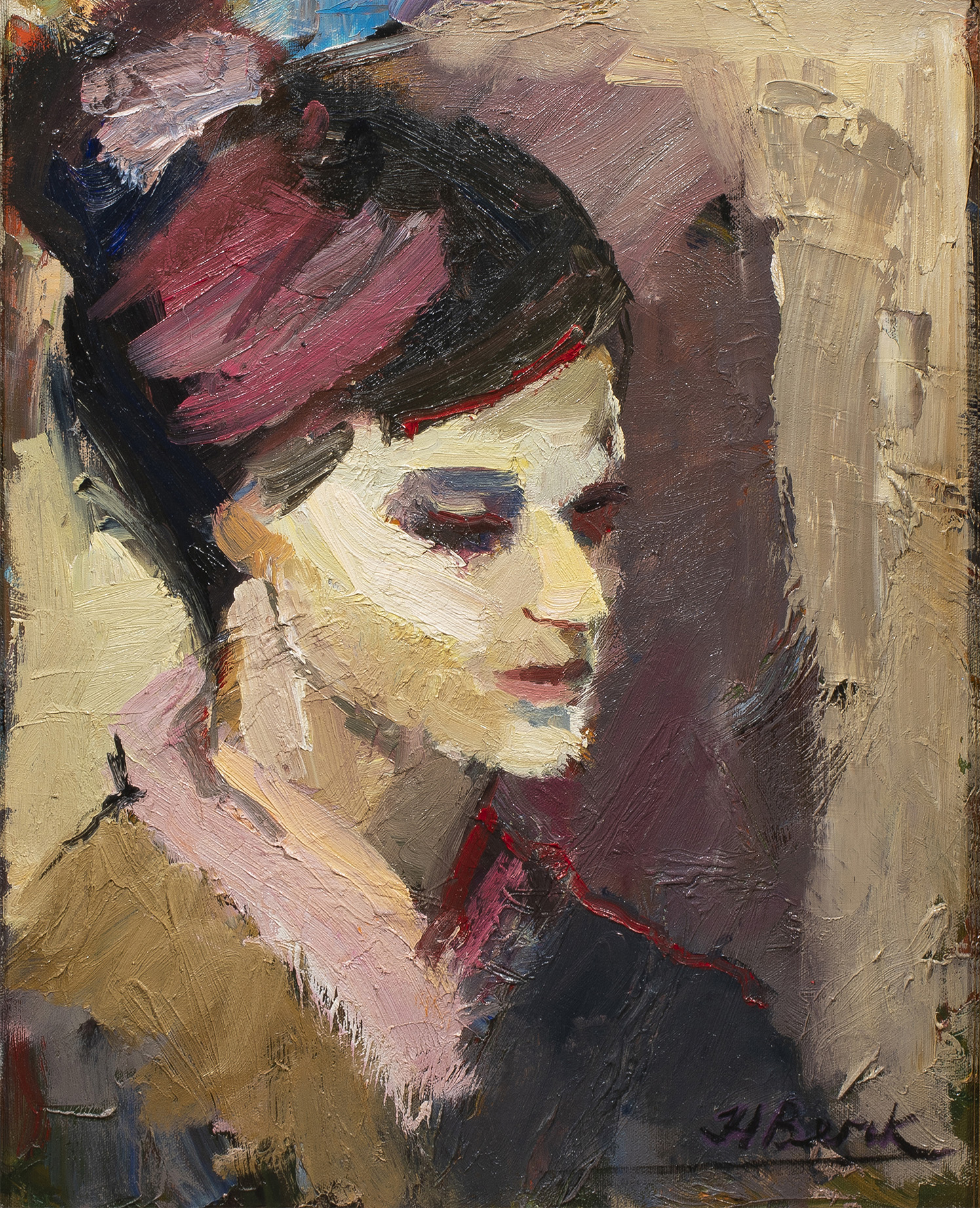
Sold: $7,560
In the 1950’s, the Bay Area Figurative Movement emerged as a reaction against the prevailing abstract expressionism. The movement emphasized figurative and representational art, and it sought to reconnect with the human form, exploring a more tangible and recognizable approach to artistic expression. Fueled by the desire to break away from abstract expressionism, artists like David Park, Wayne Thiebaud, Raimonds Staprans, James Weeks, and Richard Diebenkorn sought to reintroduce representational art — infusing it with an emotive and personal touch.
Henrietta Berk was an American painter known for her significant contributions to the Bay Area Figurative Movement. She was born in the San Francisco Bay Area and pursued her passion for art from an early age. Berk’s artistic journey was deeply intertwined with the movement and the artists who shaped it. She studied under the tutelage of Richard Diebenkorn at the California College of the Arts. She was a part of the “Bridge Generation” of the Bay Area Figurative movement, which included the artists: Nathan Oliveira, Theophilus Brown, Paul Wonner, and Frank Lobdell.

Phyllis Diebenkorn played an essential role in Richard’s life and work. As a muse and a pillar of support, she provided invaluable insight into Richard’s creative process. A frequent model in Richard’s work, she appears in many of his paintings and drawings. Through Berk’s lens, we get a glimpse of Phyllis as more than just a subject — her portrait reveals a woman of depth, grace, and secretive allure.
In Berk’s oil on canvas portrait of Phyllis, she captures an intimate and tender moment. The deft brushstrokes emphasize Phyllis’ ethereal presence. The interplay of light and shadow add a sense of mystery, inviting the viewer to delve deeper into the subject’s thoughts and emotions.
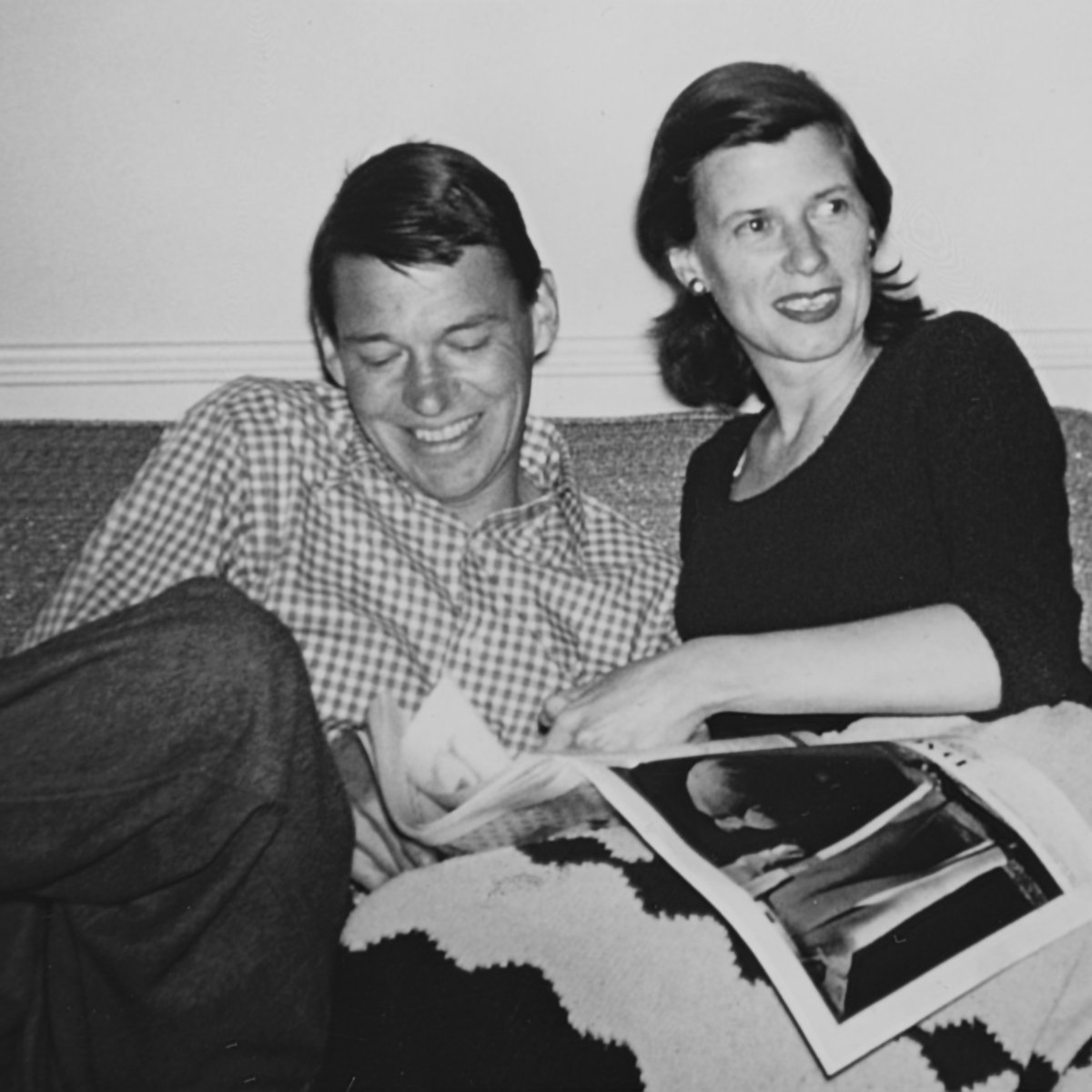
Berk’s portrait of Phyllis Diebenkorn not only serves as a testament to her artistic skill but also as a window into the lives of influential figures within the Bay Area Figurative Movement. The painting stands as a poignant reminder of the connection between art and personal relationships. Through this portrait, we are invited to explore the intimacy and emotions that underpin the relationships between artists and their muses, weaving a captivating tale of people who defined the Bay Area Figurative Movement.


